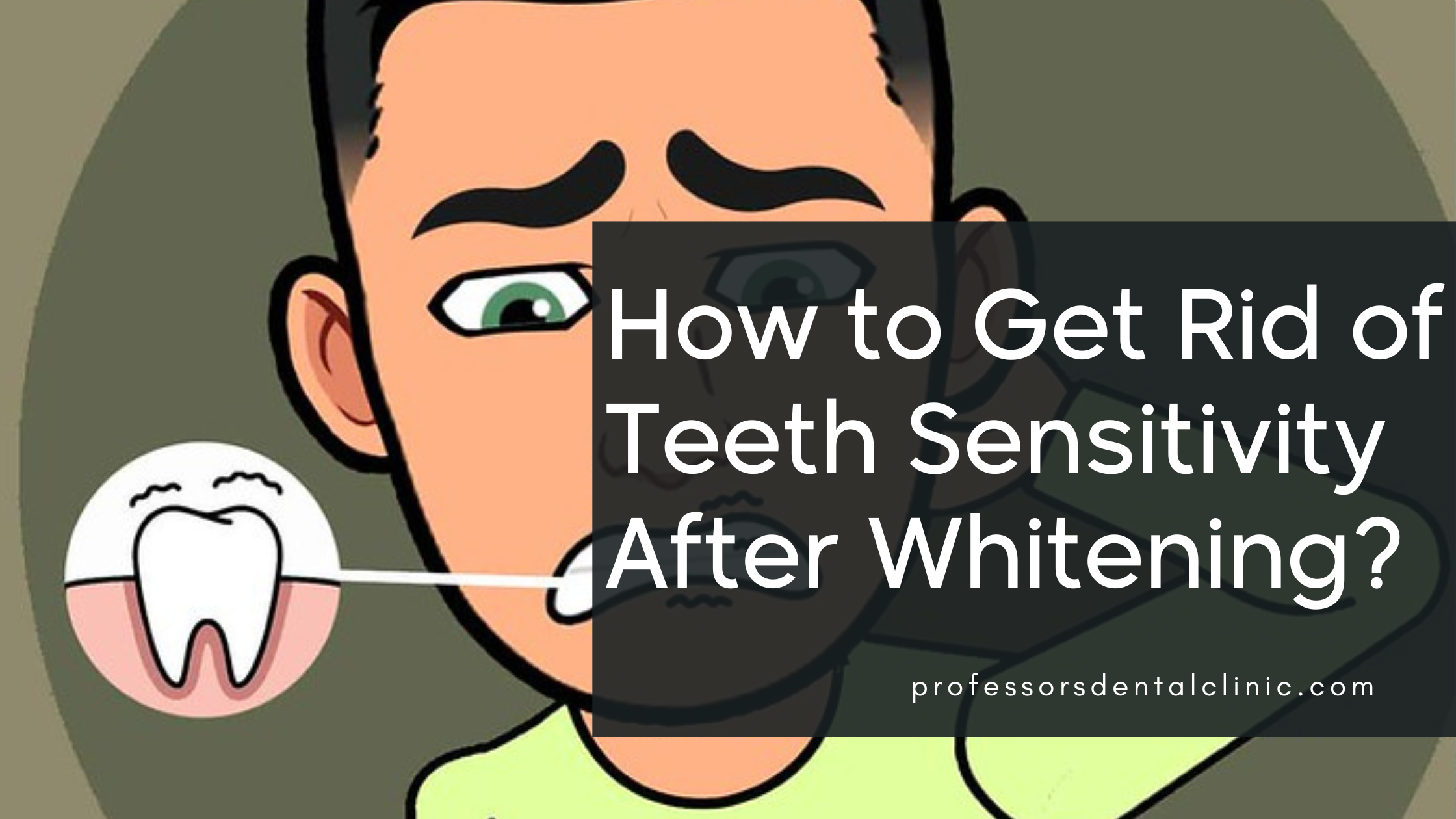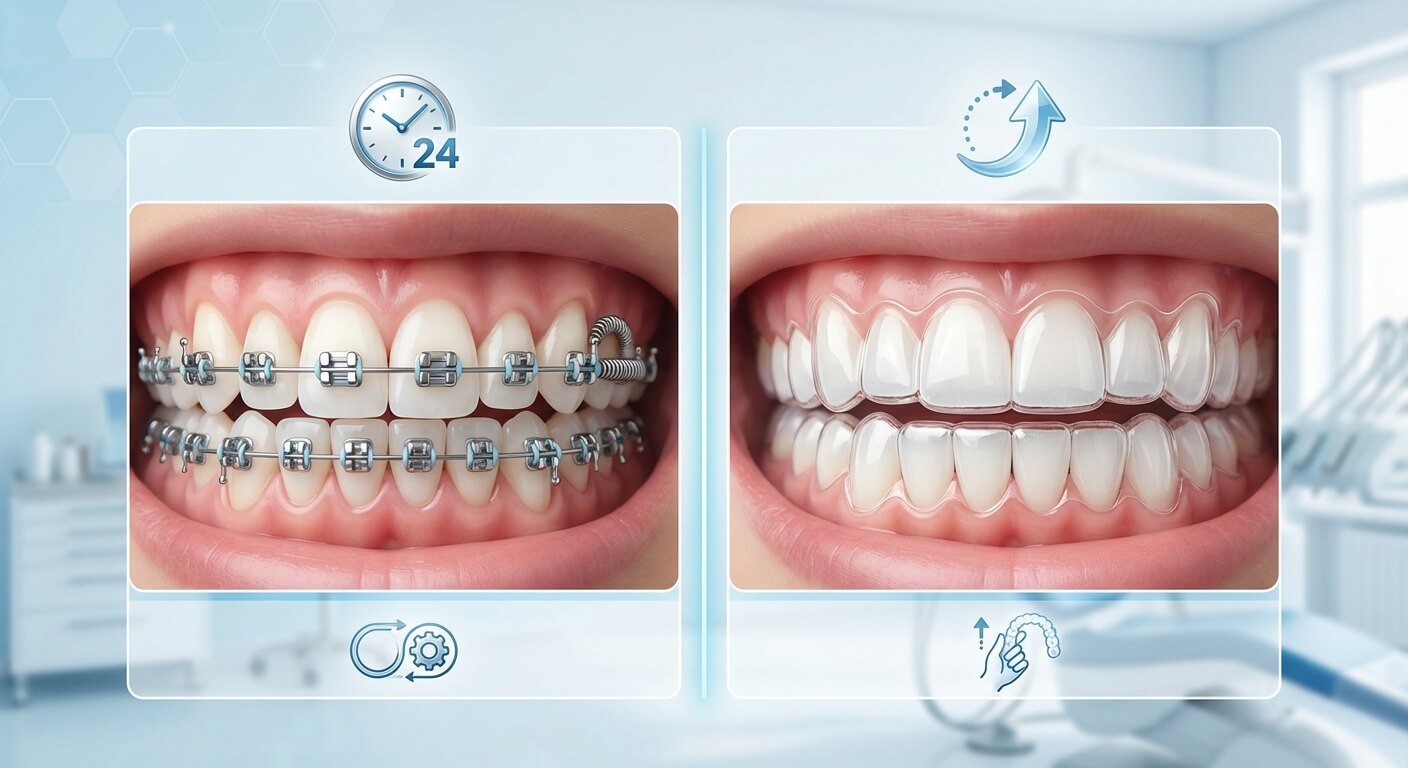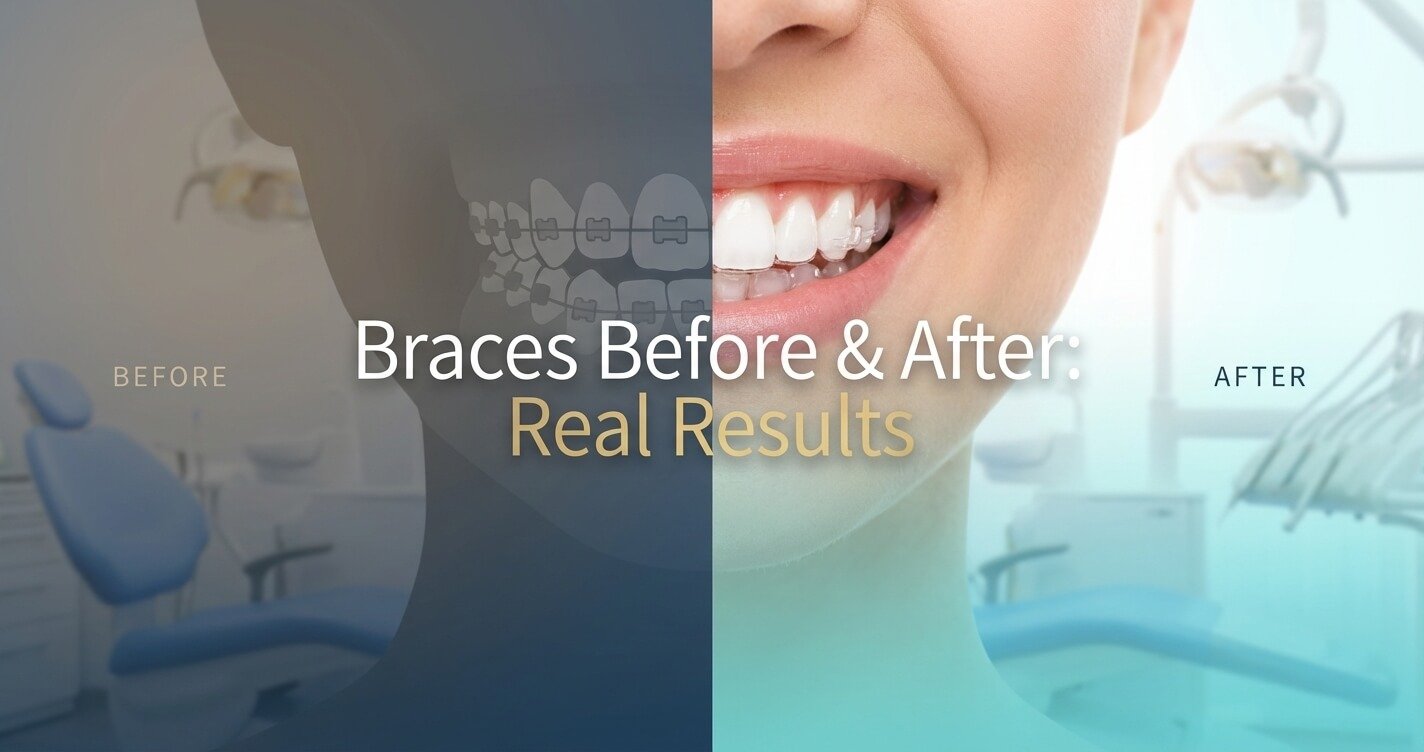As a cosmetic dentistry specialist and faculty member at the Dental School, I often encounter patients experiencing minor sensitivity issues following teeth whitening procedures. This discomfort typically subsides within a few days post-treatment. In this comprehensive article, we’ll explore the causes of this sensitivity and the best methods to alleviate it, based on the latest scientific research and proven medical practices.
Why Does Tooth Sensitivity Occur After Whitening?
The Effect of Whitening Agents on Tooth Enamel
- Hydrogen peroxide, the main component in most whitening products, temporarily penetrates the enamel layer.
- This penetration reaches the dentin layer, potentially affecting the nerves within the tooth.
- As a result, teeth may become more sensitive to external stimuli in some cases.
Increased Tooth Permeability
- The whitening process temporarily opens microscopic pores in the enamel.
- This opening makes teeth more responsive to temperature changes and chemical substances.
- This effect can persist for a few days following the whitening procedure.
Recommended: can you whiten your teeth with Invisalign?
Symptoms of Teeth Sensitivity After Whitening
Common Symptoms of Post-Whitening Tooth Sensitivity
- Mild pain when consuming hot or cold foods and beverages.
- Increased sensitivity to acidic or sugary foods.
- A tingling sensation or mild pain when breathing cold air.
- Sudden, short-lived pain when touching or pressing on the teeth in some instances.
Effective Methods to Get Rid of Teeth Sensitivity After Whitening
Home Remedies
- Use sensitivity-specific toothpaste:
- Look for toothpaste containing potassium nitrate or fluoride.
- Use twice daily for at least two weeks.
- These ingredients help reduce pain-causing nerve signals.
- Apply topical fluoride:
- Use over-the-counter topical fluoride gel.
- Apply to teeth for 3-5 minutes daily.
- Fluoride helps remineralize enamel and strengthen teeth.
- Avoid sensitivity-triggering foods and drinks:
- Stay away from extremely hot or cold foods for 48-72 hours after whitening.
- Avoid acidic drinks like juices and carbonated beverages.
- Reduce consumption of high-sugar foods that may increase sensitivity.
- Use mouthwash designed for sensitive teeth:
- Choose a mouthwash containing fluoride or potassium compounds.
- Use once or twice daily after brushing.
- Helps soothe nerves and reduce sensitivity.
For personalized advice or to schedule your teeth whitening consultation, don’t hesitate to contact Professors Dental Clinic at +201066345566.
In-Office Treatments
- Application of desensitizing agents:
- We use special materials like sodium oxalate or concentrated sodium fluoride.
- These materials seal the microscopic channels in the teeth.
- Treatment is quick and effective, usually providing immediate relief.
- Low-level laser therapy:
- Laser light is used to stimulate secondary dentin production.
- Helps reduce inflammation and soothe nerves.
- Safe and effective, especially for severe cases of sensitivity.
- Use of concentrated fluoride:
- We apply high-concentration fluoride in the clinic.
- Helps strengthen enamel and significantly reduce sensitivity.
- Treatment can be repeated as needed for optimal results.
How to Prevent Tooth Sensitivity Before and During Whitening
- Choose the appropriate whitening method:
- Visit a specialized dentist to assess your dental condition before whitening.
- Discuss your history with tooth sensitivity to select the appropriate concentration of whitening agents.
- Consider gradual whitening methods if you suffer from severe sensitivity.
- Prepare teeth before the whitening process:
- Start using anti-sensitivity toothpaste two weeks before your whitening appointment.
- Treat any dental issues such as cavities or enamel cracks before whitening.
- Get a professional dental cleaning before whitening to remove plaque and tartar.
- Follow post-whitening instructions:
- Adhere to a diet free of colored foods for 48 hours after whitening.
- Use a special mouthwash to reduce sensitivity as recommended by your dentist.
- Avoid smoking and colored beverages like coffee and tea for a certain period after treatment.
Recommended: Before and After pictures of teeth whitening cases in our clinic
When Should You Consult a Dentist?
Don’t hesitate to visit your dentist in the following cases:
- If sensitivity persists for more than a week after whitening.
- If you experience severe or unbearable pain in your teeth.
- If you notice any unusual changes in the color or shape of your teeth.
- If new symptoms appear, such as gum swelling or bleeding.
Our Services at Professors Dental Clinic
At our clinic, we are committed to providing the best care for your teeth:
- We offer a comprehensive assessment of your dental condition before starting any whitening procedure.
- We use the latest whitening technologies to achieve the best results with minimal sensitivity.
- We provide specialized treatments to deal with post-whitening sensitivity.
- We offer continuous follow-up to ensure your satisfaction and long-term dental health.
For more information or to schedule a consultation, please contact Professors Dental Clinic at +2 01066345566 or through WhatsApp. Let us help you achieve the smile of your dreams!

Dr. Ahmed began his journey in cosmetic dentistry as a resident in the Department of Prosthodontics and Cosmetic Dentistry at the Faculty of Dentistry, serving as a faculty member. He then specialized in prosthodontics and cosmetic dentistry with a master’s degree from Cairo University.
Dr. Khafagy is responsible for dental treatments, including prosthodontics, cosmetic fillings, full-mouth rehabilitation cases, and smile design.






